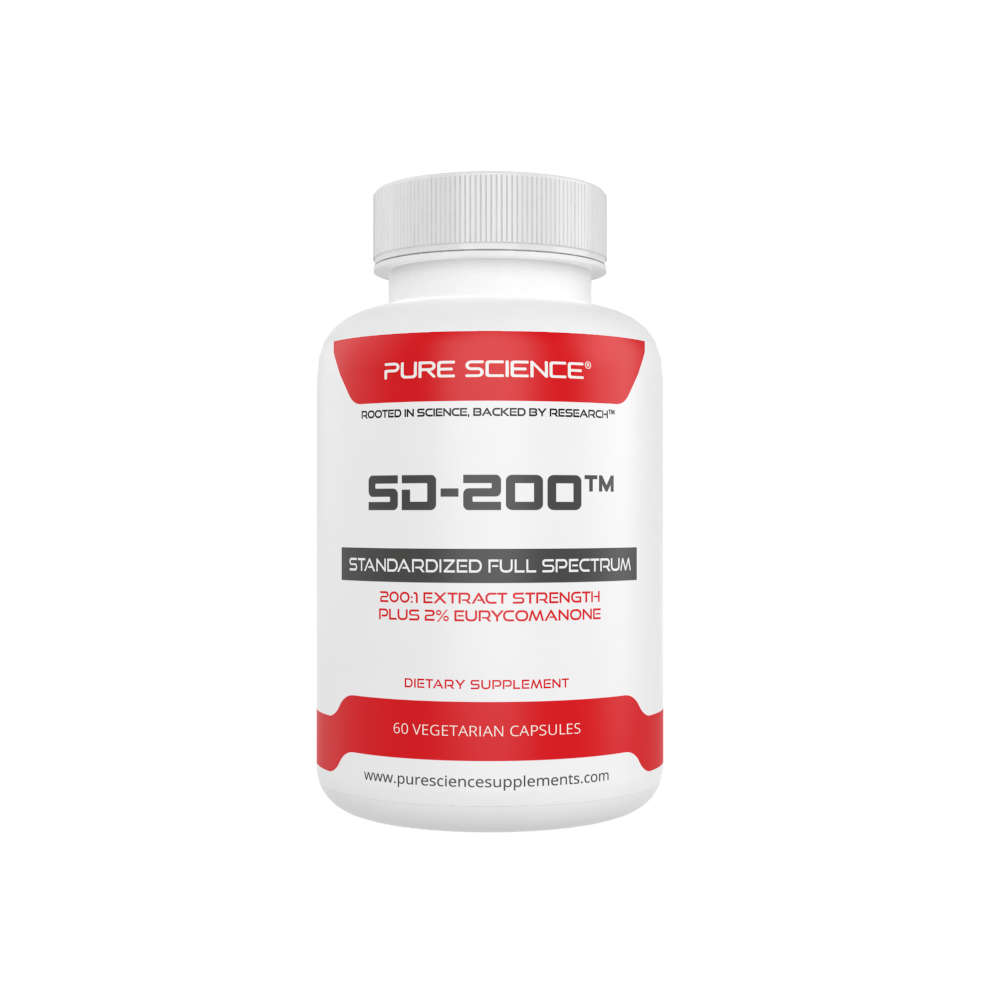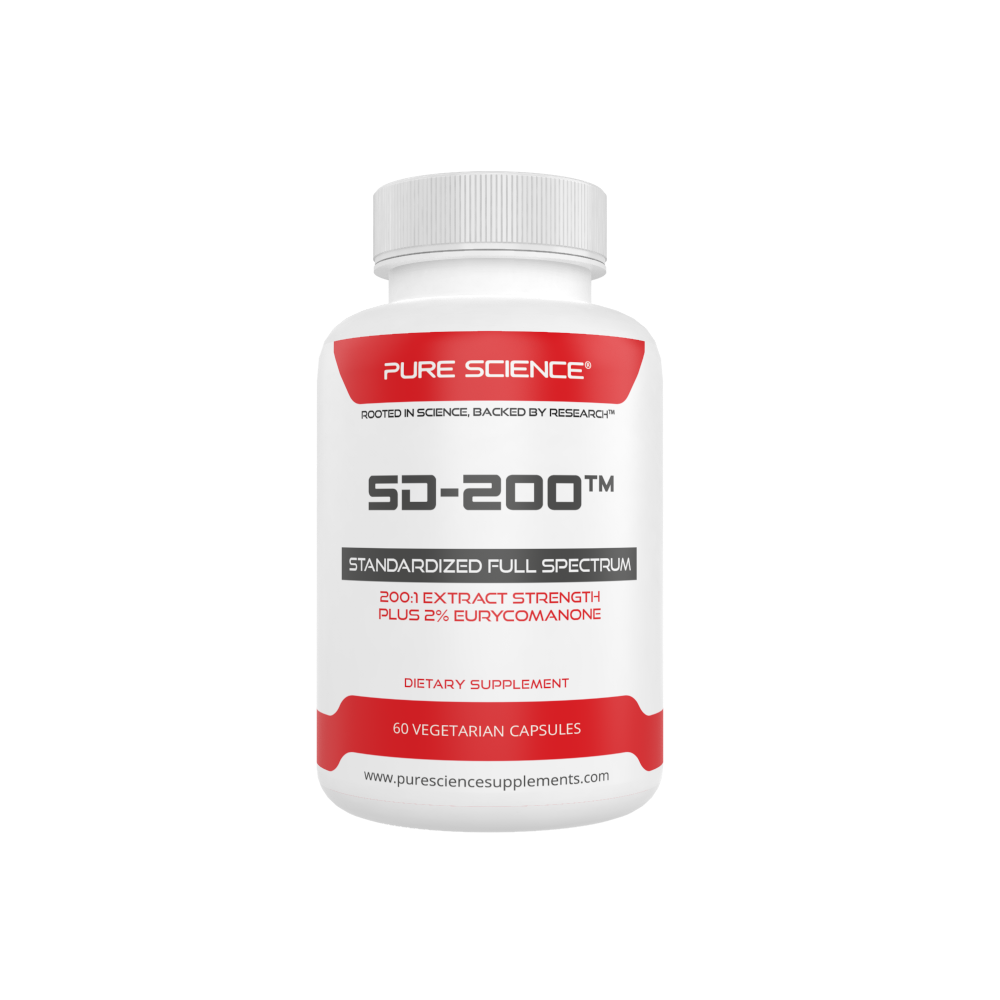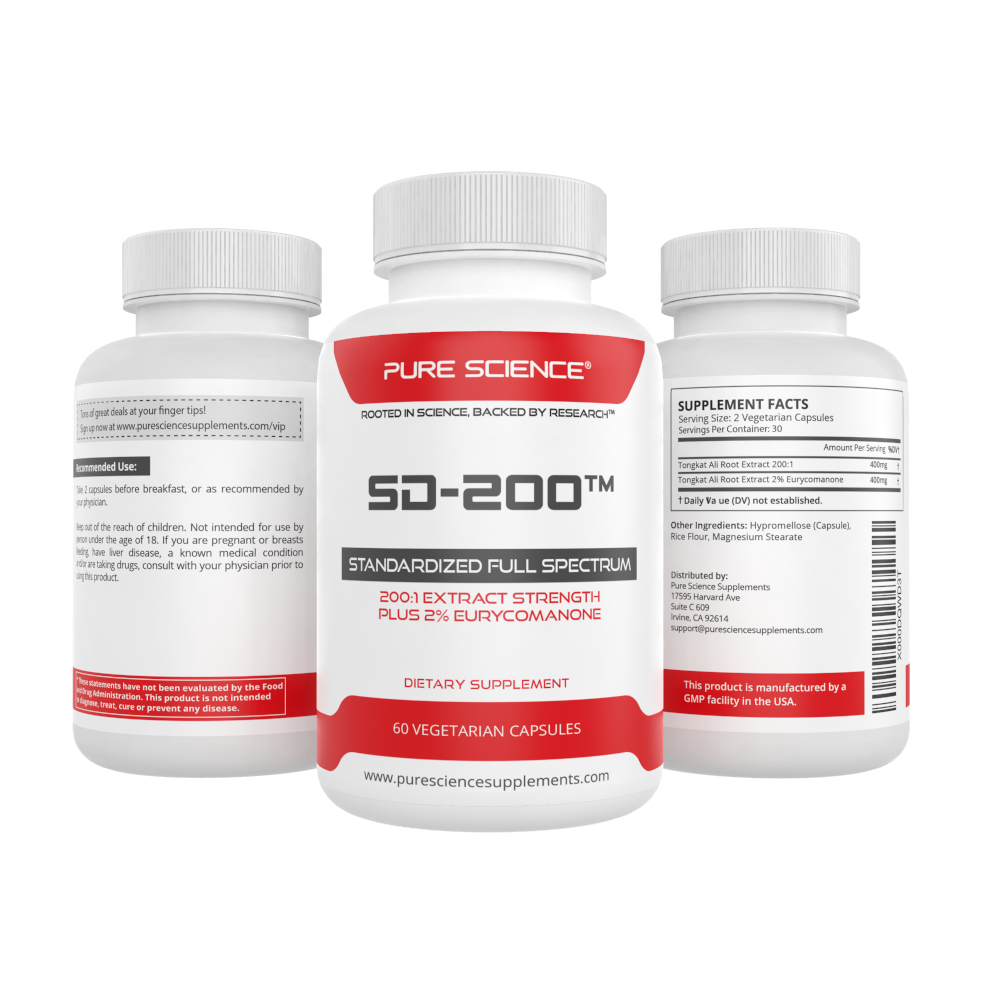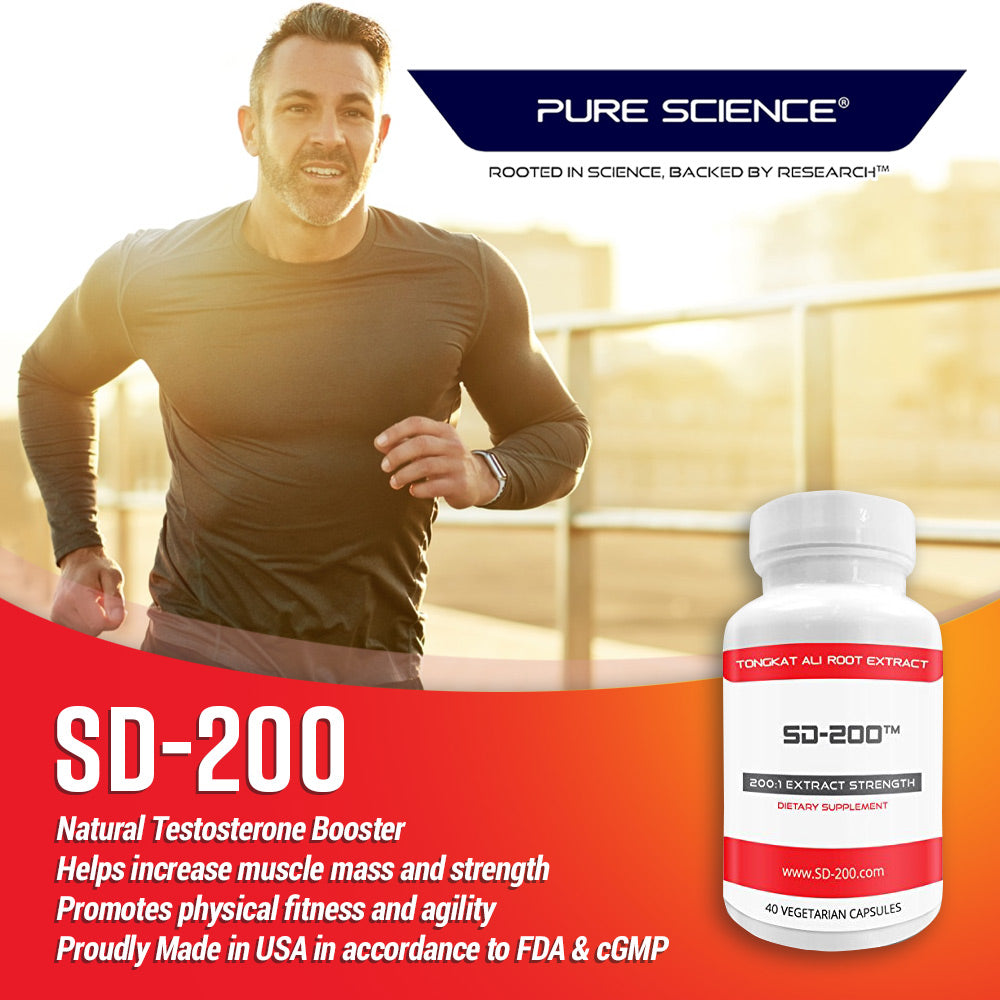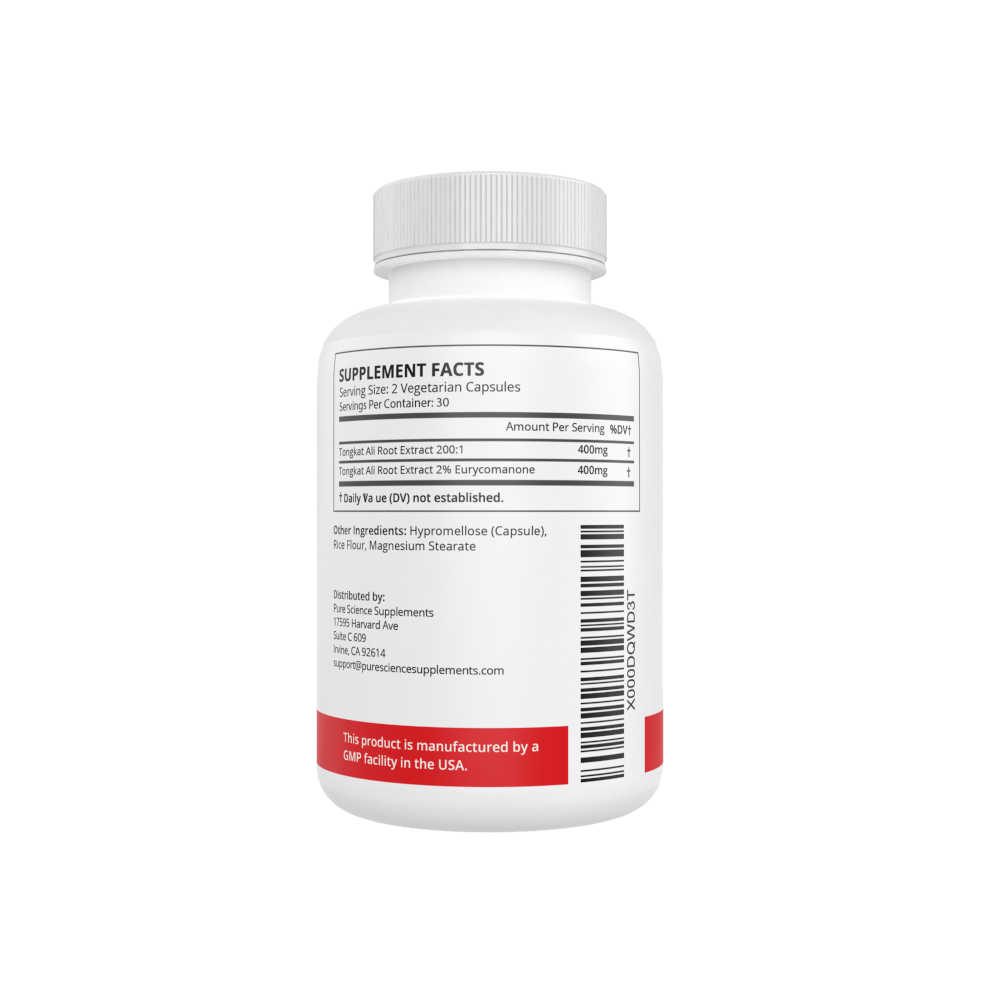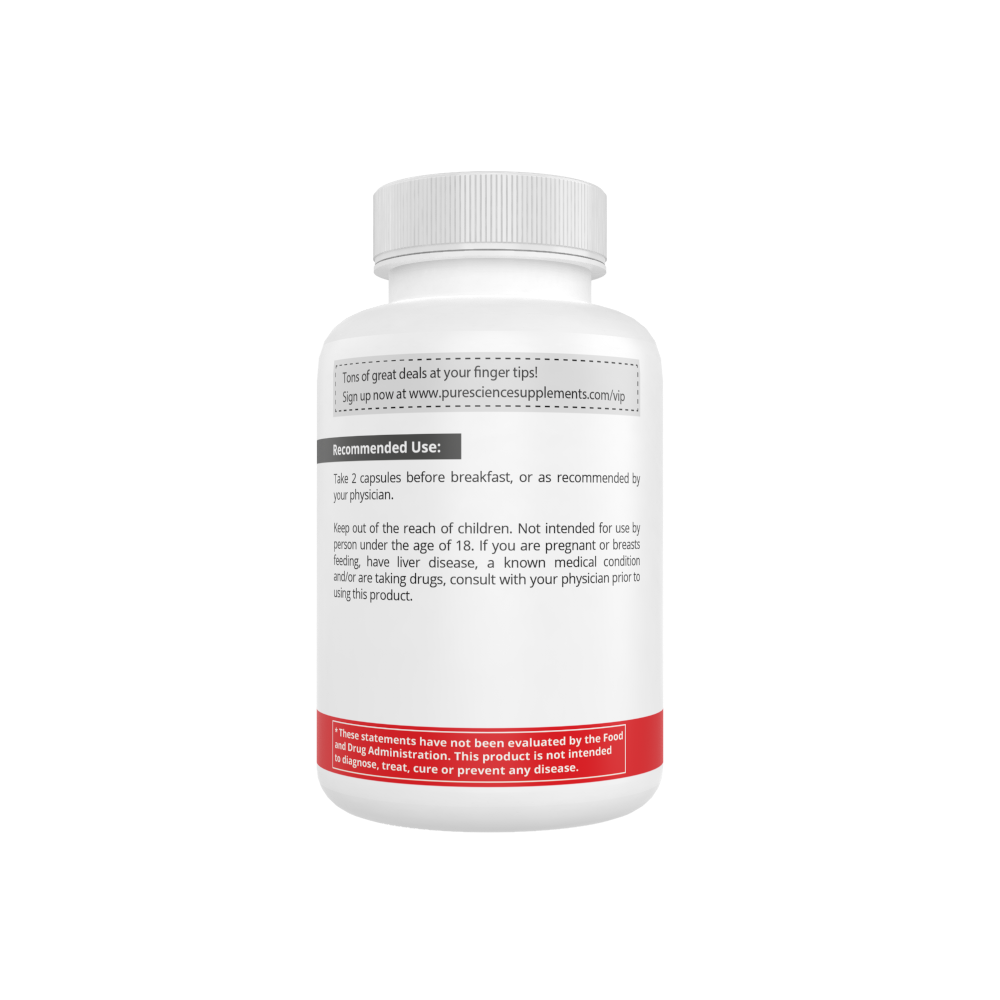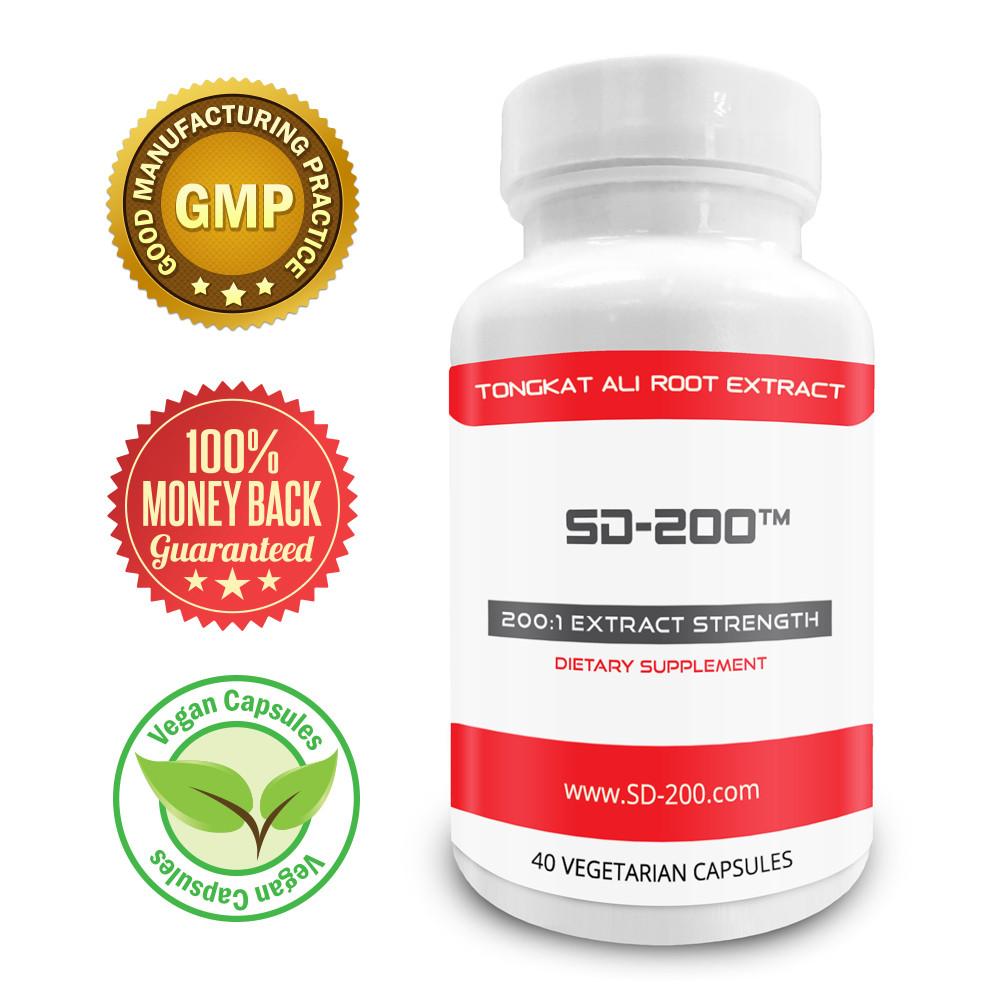As we age, our skin undergoes a variety of changes that can result in the development of fine lines, wrinkles, and other telltale indications of aging. Moreover, environmental factors such as pollution and ultraviolet radiation can lead to skin damage and premature aging. These skin changes might induce feelings of self-consciousness and contribute to a decline in confidence and self-esteem.
Tongkat Ali is one of the numerous natural medicines that can promote healthy, youthful-looking skin. Tongkat Ali, also known as Eurycoma longifolia, is a Southeast Asian medicinal plant that has been used traditionally for a variety of health purposes, including skin health promotion. It contains bioactive chemicals such as eurycomanone and quassinoids, which are anti-aging and collagen-promoting.
In this essay, we will investigate the potential benefits of Tongkat Ali for enhancing skin health and minimizing aging indications. In addition, we will explore the scientific data supporting its efficacy and the ideal dosage for optimal results. By the end of this essay, you will have a better grasp of how Tongkat Ali can assist you in attaining youthful glow.
History
Tongkat Ali has a long history of usage in Southeast Asian traditional medicine, especially in Malaysia, Indonesia, and Vietnam. The plant's roots have been used for generations to treat a number of ailments, such as malaria, fever, high blood pressure, and weariness. In addition, it has been utilized as an aphrodisiac and to enhance overall health and well-being.
The plant's reputation as a natural treatment for a variety of health concerns has attracted the interest of researchers, resulting in a large number of studies examining its possible health benefits. Tongkat Ali's effects on skin health, notably its potential to minimize symptoms of aging and stimulate collagen formation, have been a subject of research. Traditional use of Tongkat Ali for skin health and increasing scientific findings suggest that it may have potential as a natural anti-aging therapy, while additional research is required to validate its efficacy.
How it works
Tongkat Ali is believed to boost skin health through multiple mechanisms. First, it includes quassinoids, which have been demonstrated to possess antioxidant effects. Antioxidants help protect the skin from damage caused by free radicals, which can contribute to skin aging and other health problems.
Tongkat Ali also contains eurycomanone, a bioactive molecule with anti-inflammatory effects that has also been identified. Acne, eczema, and psoriasis are among the skin conditions that can be exacerbated by inflammation. Tongkat Ali may help treat these diseases and increase general skin health by lowering inflammation.
In addition, Tongkat Ali has been discovered to stimulate collagen formation. Collagen is an essential protein for skin structure and suppleness. Collagen production diminishes with age, resulting in the appearance of wrinkles and other symptoms of aging. Tongkat Ali may minimize the appearance of fine lines and wrinkles and produce firmer, more youthful skin by stimulating collagen production.
The antioxidant, anti-inflammatory, and collagen-promoting qualities of Tongkat Ali may work in concert to promote healthy, youthful-appearing skin and minimize indications of aging. Although additional research is required to validate its efficacy, these results show that Tongkat Ali may be a useful natural therapy for enhancing skin health.
Studies and Results
While research on the effects of Tongkat Ali on skin health is currently limited, some studies have investigated its potential advantages. In 2011, the Journal of Ethnopharmacology released a study that investigated the effects of Tongkat Ali on skin aging in postmenopausal women. 30 women were administered 400 mg of Tongkat Ali extract daily for 12 weeks as part of the trial. The researchers discovered that treatment with Tongkat Ali led to significant improvements in skin elasticity, hydration, and wrinkle depth.
In a 2010 study published in the Journal of Medicinal Plants Research, the effects of Tongkat Ali on human skin cell collagen formation were studied. The study discovered that Tongkat Ali extract enhanced collagen formation in the cells, indicating that it may stimulate collagen synthesis in human skin.
Although these trials indicate that Tongkat Ali may have potential advantages for skin health, additional research is necessary to establish its efficacy and determine the best dosage. Prior to beginning Tongkat Ali or any other new supplement, it is essential to contact with a healthcare expert. They can assist in determining the proper dosage and monitoring potential adverse effects.
Recommended Dosage
The ideal dosage of Tongkat Ali for boosting skin health is not yet known, as research on this specific use is restricted. Nonetheless, dosages of 400 mg of Tongkat Ali extract per day have been utilized in the majority of investigations. It is essential to remember that the ideal dosage may vary based on age, overall health, and individual response.
Conclusion
Tongkat Ali has a long history of usage in traditional medicine, and new research suggests that it may have potential as a natural skin health promoter. Its antioxidant, anti-inflammatory, and collagen-promoting effects may minimize indications of aging and enhance skin health in general. While additional research is required to prove its efficacy, the trials completed thus far are encouraging. Prior to beginning Tongkat Ali or any other new supplement, it is essential to contact with a healthcare expert.
References
George A, Henkel R. Phytoandrogenic properties of Eurycoma longifolia as natural alternative to testosterone replacement therapy. Andrologia. 2014;46(7):708-721. doi:10.1111/and.12214
Talbott S, Talbott J, George A, Pugh M. Effect of Tongkat Ali on stress hormones and
psychological mood state in moderately stressed subjects. J Int Soc Sports Nutr. 2013;10(1):28. doi:10.1186/1550-2783-10-28
Talbott SM, Talbott JA, George A, Pugh M. Effect of Tongkat Ali on stress hormones and psychological mood state in moderately stressed subjects. J Int Soc Sports Nutr. 2013;10(1):28. doi:10.1186/1550-2783-10-28
Wong SK, Chin KY, Ima-Nirwana S. Effects of quassinoids on bone parameters: A review of current evidence. Int J Med Sci. 2018;15(13):1399-1408. doi:10.7150/ijms.28547





